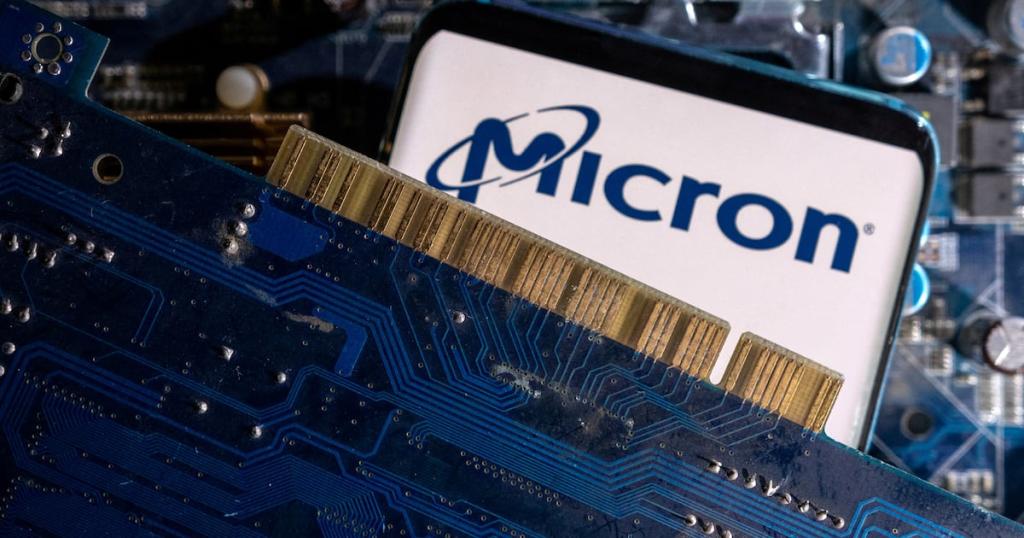Verizon Expands Fiber Network with Frontier Acquisition
Verizon's acquisition of Frontier Communications boosts its fiber network, enhancing broadband services and positioning the company for future technological innovations.

Key Points
- Verizon
's $20 billion acquisition of
Frontier Communicationssignificantly expands its fiber network and subscriber base across multiple states.
- The deal positions Verizon to enhance its competitiveness against AT&T and T-Mobile
in the rapidly evolving broadband market.
- This acquisition not only boosts Verizon's revenue potential but also facilitates advancements in technology such as AI and IoT within its services.
In a significant move poised to reshape the broadband landscape, Verizon Communications has announced its intent to acquire Frontier Communications in an all-cash deal valued at $20 billion. This ambitious acquisition underscores Verizon's commitment to enhancing its fiber network and expanding its broadband services across the United States. As we delve into the implications of this acquisition, the strategic advantages become increasingly clear.
Understanding the Acquisition
The agreement to purchase Frontier Communications will enable Verizon to reinforce its fiber network infrastructure dramatically. Frontier, a provider of fiber internet with approximately 2.2 million subscribers across 25 states, has been a key player in the fiber segment. The acquisition will combine Frontier's strengths with Verizon's existing 7.4 million Fios connections in nine states, significantly expanding its reach.
This deal is expected to close in approximately 18 months, pending regulatory approvals and shareholder consent. The purchase is particularly strategic as it includes a sizable debt portfolio, yet aims to generate substantial annual cost synergies—projected at around $500 million—once fully integrated.

Competitive Edge in the Broadband Market
Verizon's acquisition comes at a crucial time when competition in the fiber space is intensifying. Both AT&T and T-Mobile are ramping up their efforts in the broadband segment, making it essential for Verizon to bolster its position. By acquiring Frontier, Verizon is not just expanding its capabilities but is also poised to reclaim former subscribers who may have shifted to competitors following Frontier's acquisition of Verizon's wireline operations in 2015.
Verizon's long-standing reputation as a leader in fiber technology makes this acquisition a natural progression. Verizon Chairman and CEO
emphasized that the merger is a strategic fit that will allow the company to deliver premium offerings to millions of additional customers. With Frontier’s plans to build out an additional 2.8 million fiber locations by 2026, the potential for expansion and increased customer satisfaction is substantial.
Impact on Technology and Innovation
One of the exciting aspects of this acquisition is how it aligns with emerging technology trends. The integration of Frontier’s robust fiber capabilities will facilitate advancements in artificial intelligence and the Internet of Things (IoT). As industries increasingly rely on fast and reliable internet services, Verizon is positioning itself to be at the forefront of technology that demands high-bandwidth solutions. This strategic move aims to ensure that both residential and business customers have access to cutting-edge broadband services that can handle the growing demands of modern technology.
Financial Considerations and Future Prospects
Financially, the deal reflects Verizon's confidence in the long-term potential of fiber services. With approximately half of Frontier's revenue already stemming from fiber products, this acquisition is expected to enhance Verizon's revenue growth and adjusted earnings before interest, tax, depreciation, and amortization (EBITDA). Moreover, the significant cash offer of $38.50 per share, a 37% premium over Frontier's closing price prior to the announcement, signals Verizon's commitment to this venture.
Wrapping Up the Strategic Move
Verizon's acquisition of Frontier Communications marks a pivotal moment in the evolution of broadband services in the United States. As the company seeks to expand its fiber footprint and innovate within the broadband space, it stands to benefit immensely from this merger. The combination of Verizon's and Frontier's resources not only enhances competitive positioning against rivals but also sets the stage for significant advancements in technology availability for consumers.
The integration of two strong players into a unified network will likely lead to better service offerings, broader coverage, and the potential for innovation that could change the landscape of how we connect and communicate. As we anticipate the closing of this deal, it's evident that Verizon is on a path to redefine its role in the broadband industry, and consumers stand to gain as a result.


